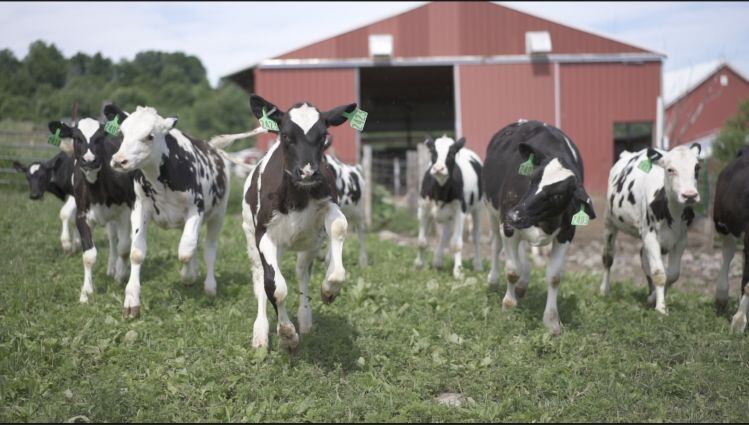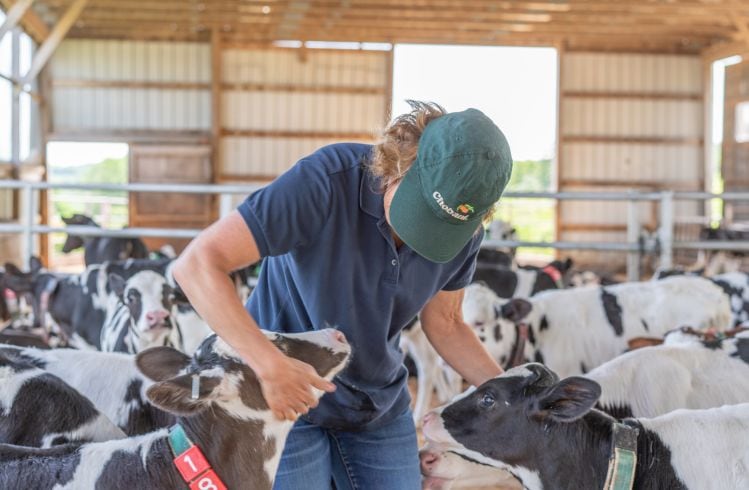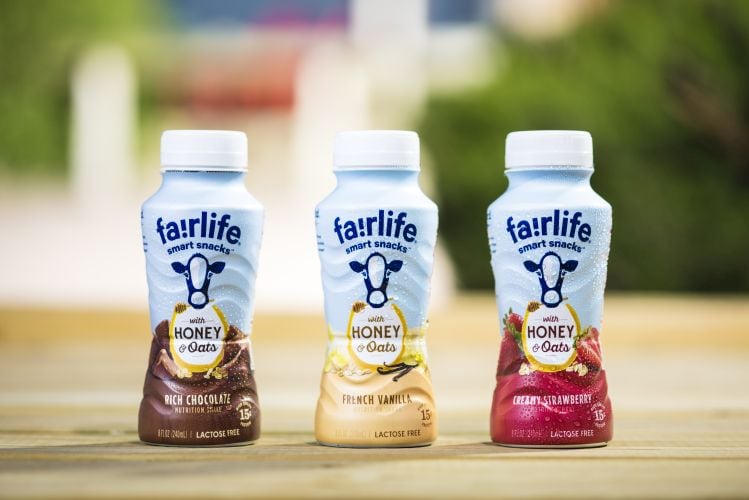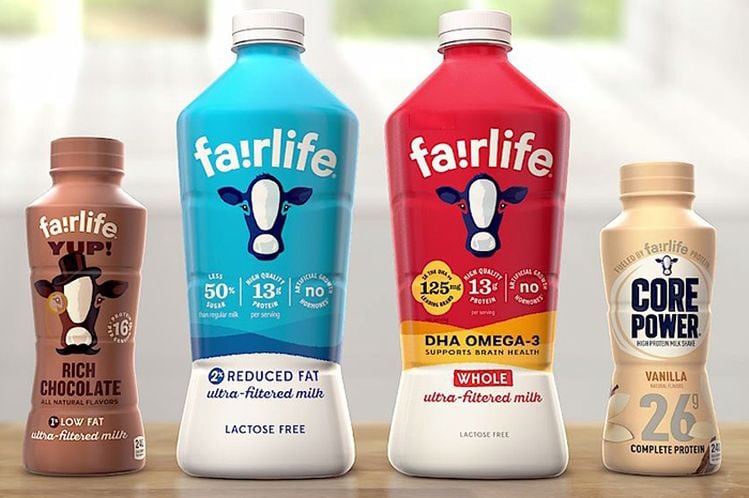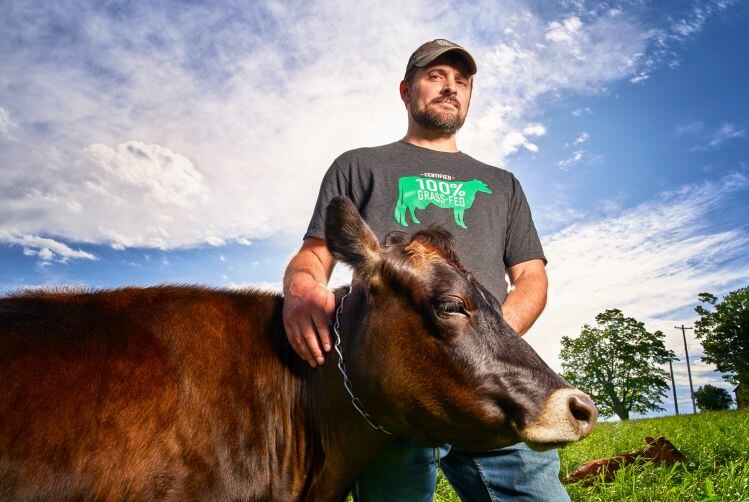Adding dairy to the sectors covered by Fairtrade certification – something Fair Trade USA revealed that it was exploring in May - builds upon the non-profit’s Agricultural Production Standard (APS) for crop production, said Paul Rice, CEO, Fair Trade USA.
“By funding the exploration and development of a standard that will be available to the entire dairy industry, Chobani is taking a real leadership position. We’re thrilled to support an initiative that will drive continued progress, value, and transparency across the dairy industry.”
But how will this help US dairy farmers, many of whom have been struggling to stay afloat as prices have remained depressed and costs have increased?
The details have yet to be thrashed out, but farmers participating in the certification scheme will get paid more for their milk, confirmed Chobani's chief marketing and commercial officer Peter McGuinness.
“We’ll pay a meaningful premium for the milk [under the Fair Trade dairy certification] and these premiums will be shared with farmers and farm workers and will be in the range of 2-4%,” he told FoodNavigator-USA.
"Participation [in the Fairtrade scheme] will be mandatory to receive any premiums through Milk Matters, and those premiums will be shared between farmers and farm workers."
He added: “In New York alone, seven out of eight dairy farmers that were around 50 years ago are no longer around, they’re gone, and it’s a staggering statistic. Five dairy farms are closing every day, and we can’t just sit here and do nothing. It’s a national crisis.”
Animal welfare on dairy farms: Fairlife fall out
Chobani’s Milk Matters program – which also addresses animal welfare, environmental stewardship, local sourcing, and investing in dairy communities – was announced as the industry faced tough questions about how cows are treated in the wake of shocking footage showing abuse at Fair Oaks Farms, the ‘flagship’ farm supplying milk to the fairlife brand.
Under Chobani's Milk Matters initiative, all of the farms it sources from through its cooperative partners will comply with version 3.0 of the National Milk Producers Federation's FARM (Farmers Assuring Responsible Management) program, which includes strict standards for animal welfare, by December 2019.
But given that farms accounting for 98% of the US milk supply already participate in FARM, including Fairlife supplier Fair Oaks Farms in Indiana (where the abuse identified by undercover animal rights activists took place), can pledges like this provide consumers with much reassurance? Or is the problem less a lack of standards than a failure to enforce them?
“Obviously stricter enforcement of these standards - whether through more frequent, or unannounced audits or something else - needs to be a part of this," said McGuiness, adding that, "We will be working to put together additional safeguards."
But he added: "What happened at one farm [Fair Oaks Farm in Indiana] should not be seen as a proxy for the whole dairy industry.”
The Milk Matters program covers:
Worker well-being: Chobani is collaborating with Fair Trade USA to explore a certification standard for US dairy that "protects and empowers dairy workers and provides meaningful premiums to benefit farmers and farm workers alike."
Environmental stewardship: Chobani is collaborating with the World Wildlife Fund and the NMPF's FARM scheme to reduce its carbon footprint and help farms do the same. These partners will measure greenhouse gas emissions and energy use on dairy farms within Chobani’s supply chain to identify potential efficiency gains and cost savings.
Animal care: By December 2019, all of the farms Chobani sources from through the company’s cooperative partners will comply with FARM v.3.0.
Local sourcing: Chobani remains committed to sourcing fresh milk from local farms surrounding its plants in Idaho and New York.
Investing in dairy communities: Chobani has partnered with the Community Foundation for South Central New York and the Idaho Community Foundation with a plan to invest $2m in grants over the next decade to fuel big ideas from local community organizations, expand economic opportunity and promote entrepreneurship. It is also funding multi-year scholarships at Cornell University and the University of Idaho for students of dairy farming families looking to pursue a degree in dairy science.
Freedom and Flexibility for dairy farms: Chobani “refuses to mandate the use of non-GMO feed, a practice that places an undue financial burden on farms without enough demonstrated value to the planet or people.” It has also partnered with the Cornell PRO-DAIRY program and New York State’s Dairy Acceleration Program to help farms with fewer than 300 cows receive funding for small projects.
“Dairy farms are the backbone of the communities we call home, but the current model is broken and it’s leaving consumers questioning everything, including the treatment of animals, farm workers, and the land itself. Our solution is simple but powerful. We all have a responsibility to support the farmers who make our business and our vision possible.”
Hamdi Ulukaya, founder & CEO, Chobani
